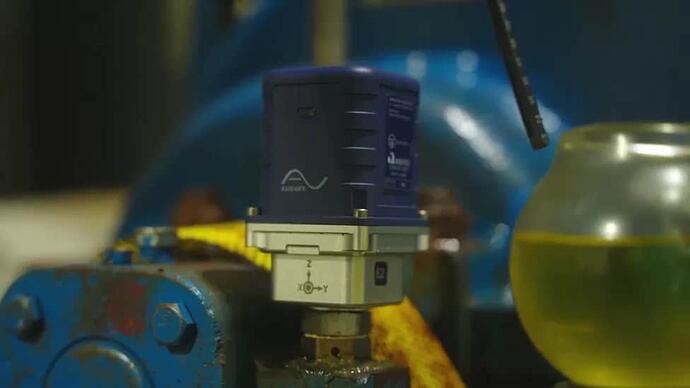As Doritos, Walkers and Wotsits speed along a conveyor belt at Coventry’s PepsiCo factory - where some of the UK’s most popular crisps are made - the noise of whirring machinery is almost deafening. But here, it’s not just human workers trying to hear signs of machine failure above the factory fray.
Sensors attached to equipment are also listening out for indications of hardware faults, having been trained to recognise sounds of weary machines that risk bringing production lines to a grinding halt. PepsiCo is deploying these sensors, created by tech firm Augury and powered by artificial intelligence (AI), across its factories following a successful US trial. The company is one of many exploring how AI can increase factory efficiency, reduce waste and get products onto shelves sooner.
From early design to delivery, AI is seen as having a key role in a new wave of manufacturing. Its ability to process and analyse huge volumes of data is already helping manufacturers predict and prepare for potential disruption. A minute of factory downtime can cost companies thousands of pounds, and increased delays can mean missing out on consumer demand at critical moments like the festive period or Black Friday.
So tools that can check and analyse processes in real-time, warn of problems on the horizon, and harness historical data to recommend fixes are becoming familiar sights on factory floors. The sensors used in PepsiCo factories have been trained on huge volumes of audio data, to be able to detect faults such as wearing on conveyor belts and bearings, while analysing machine vibrations. By also collecting information and insights into equipment health on the whole, such as identifying when a machine might fail again in future, the technology lets workers schedule maintenance in advance, and avoid having to react to machine errors as they occur.
AI as unsung hero … ![]()

